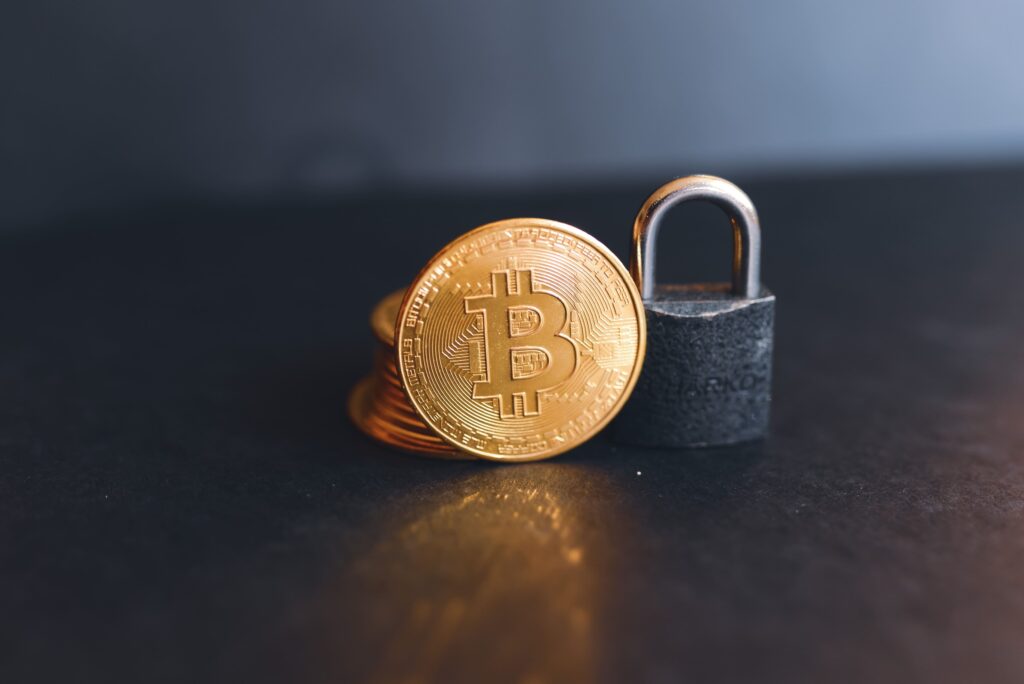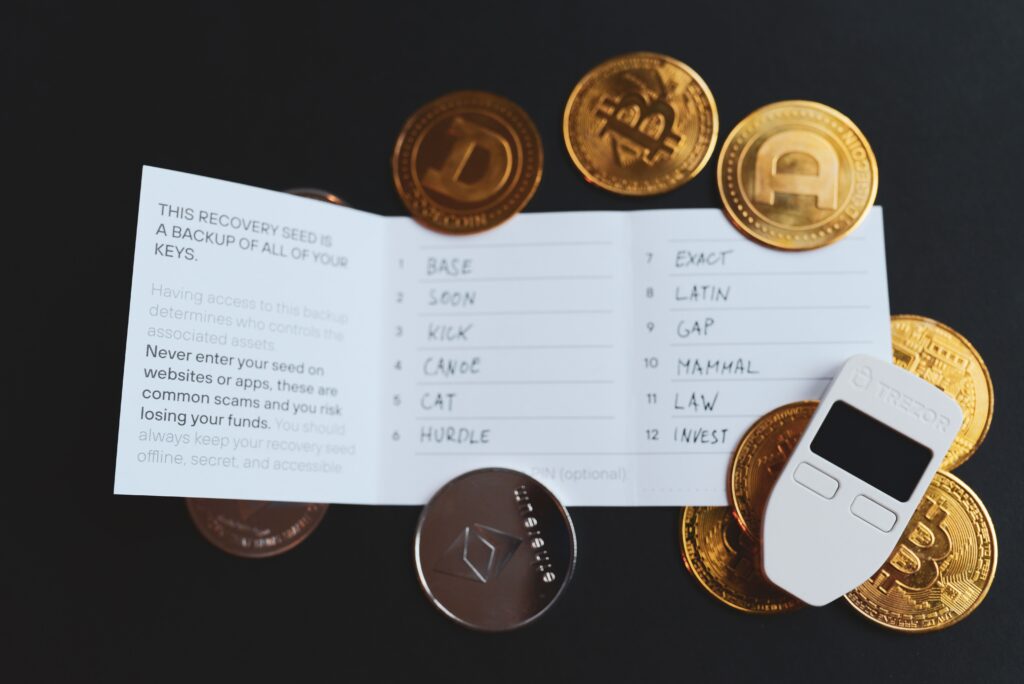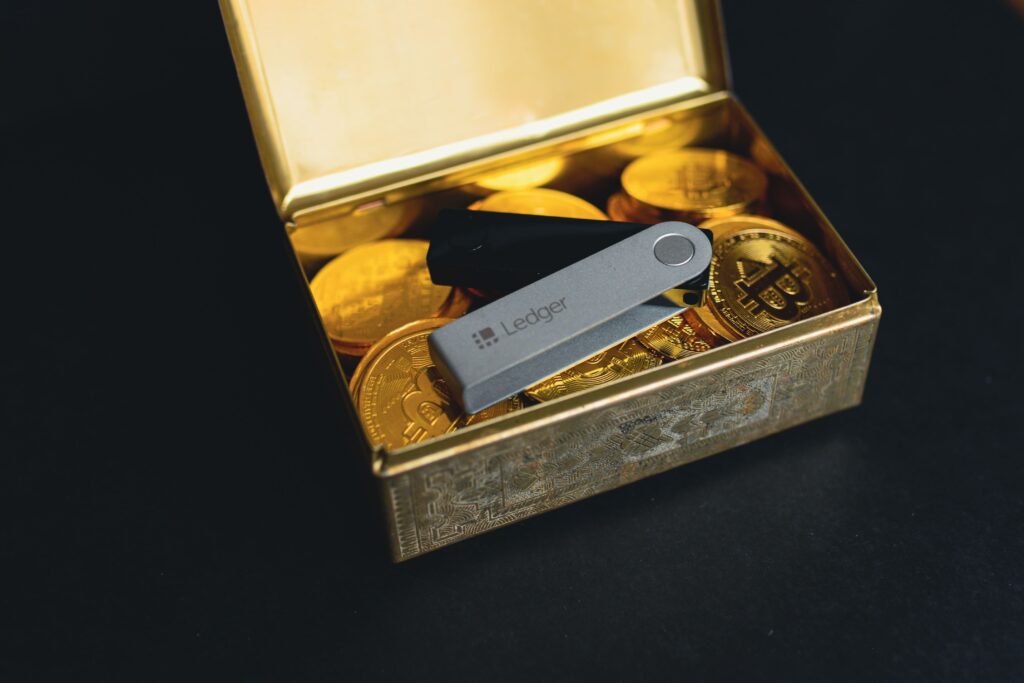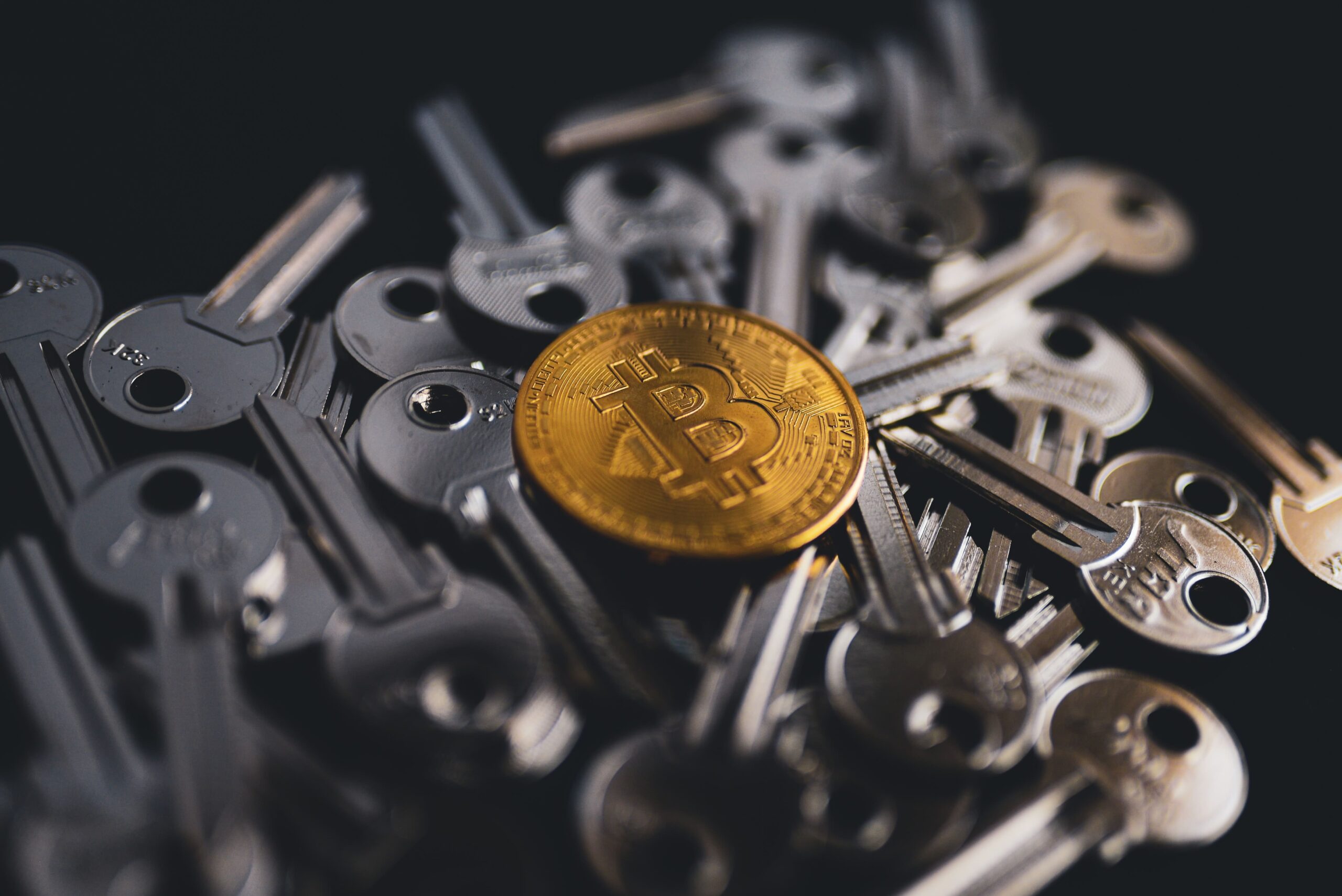“Not your keys, not your crypto” is a popular saying in the cryptocurrency community. It’s a way of reminding people that if they don’t own the private keys to their digital assets, then they don’t really own those assets at all. In this blog post, we will explain what “not your keys, not your crypto” means and why it’s important for cryptocurrency investors to understand. We will also discuss some of the ways that you can keep your keys safe so that you can truly benefit from owning digital assets.

What is “Not your keys, not your crypto”?
“Not your keys, not your crypto” is a saying that is often used in the cryptocurrency community. It means that if you do not own the private keys to your cryptocurrency, then you do not really own the cryptocurrency. This is because if you do not own the private keys, someone else does and they could theoretically take control of your cryptocurrency at any time.
The saying is particularly relevant when it comes to online wallets and exchanges. If you store your cryptocurrency in an online wallet or exchange, then you do not technically own the private keys to your cryptocurrency. This means that if the online wallet or exchange is hacked or goes out of business, you could lose access to your cryptocurrency.
That’s why it’s important to only store cryptocurrency in wallets that you control. That way, even if something happens to the wallet provider, you will still be able to access your cryptocurrency.
The dangers of storing your cryptocurrency on an exchange
When you store your cryptocurrency on an exchange, you are trusting the exchange to keep your funds safe. However, there have been many instances of exchanges being hacked and user funds being stolen. In some cases, the exchanges have even been known to manipulate prices or freeze withdrawals.
If you store your cryptocurrency on an exchange, you are at risk of losing your funds if the exchange is hacked or if it goes out of business. You are also at risk of having your account frozen or suspended if the exchange suspects you of violating their terms of service.
It is always best to store your cryptocurrency in a wallet that you control. That way, even if an exchange is hacked or goes out of business, you will still be able to access your funds.

How to store your cryptocurrency safely
If you don’t own the private keys to your cryptocurrency, then you don’t really own the crypto. This simple statement is the basis of the saying “not your keys, not your crypto.”
What does it mean to own the private keys to your cryptocurrency? When you own a cryptocurrency, you actually own a pair of cryptographic keys. One key is public and one key is private. The public key is like your bank account number and is used to send or receive cryptocurrency. The private key is like your PIN number and is used to access and spend your cryptocurrency.
If you don’t have control of your private keys, then you don’t have control of your cryptocurrency. That means that if something happens to the company that holds your keys (like if they are hacked or go out of business), you could lose access to your cryptocurrency, or even worse, someone else could gain access to it.
So how can you make sure that you own the private keys to your cryptocurrency? The best way is to store them in a wallet that YOU control. There are many different types of wallets available, but not all of them give you control of your private keys. Some wallets are better than others at giving you control, but ultimately it comes down to personal preference.

Hardware wallets
Cryptocurrency hardware wallets are physical devices used to store private keys and sign transactions offline. Hardware wallets are considered more secure than software wallets, as they cannot be infected with malware.
There are a few different models of hardware wallets on the market, but the two most popular are the Trezor and the Ledger Nano S. Both devices have a small screen that allows you to view and confirm your transactions before signing them.
Hardware wallets are not free, but they are worth the investment if you are serious about holding cryptocurrency. They typically cost between $50 and $100.
If you are looking for a hardware wallet, be sure to do your research and buy from a reputable seller. There have been cases of fake hardware wallets being sold online, so it is important to be aware of the risks.
Software wallets
A software wallet is a type of cryptocurrency wallet where your private keys are stored on your computer or mobile device. Software wallets are easy to use and can be accessed from anywhere.
However, they are also less secure than hardware wallets because your private keys are stored on a device that is connected to the internet.
Paper wallets
Paper wallets are a type of cryptocurrency wallet that allows you to store your private keys on a physical piece of paper.
This makes them one of the most secure types of wallets, as they cannot be hacked or stolen like digital wallets can. However, paper wallets can be lost or damaged, so it is important to keep them safe.
To use a paper wallet, you will need to generate a new address and private key using a service like bitaddress.org. Once you have generated your keys, you will need to print them out on a piece of paper and store them in a safe place. To send funds from your paper wallet, you will need to import the private key into a digital wallet.
While paper wallets are very secure, they are not the most convenient option for everyday use. If you are looking for a more user-friendly wallet, consider using a software or hardware wallet instead.
Conclusion
“Not your keys, not your crypto” is a phrase that is often used in the cryptocurrency community. It means that you should never store your cryptocurrencies on an exchange or anywhere else that you do not have full control over. This is because if you do not own the private keys to your coins, then they are not really yours. Exchanges have been hacked in the past and many people have lost their cryptocurrencies as a result. So, always remember to keep your keys safe and secure!
